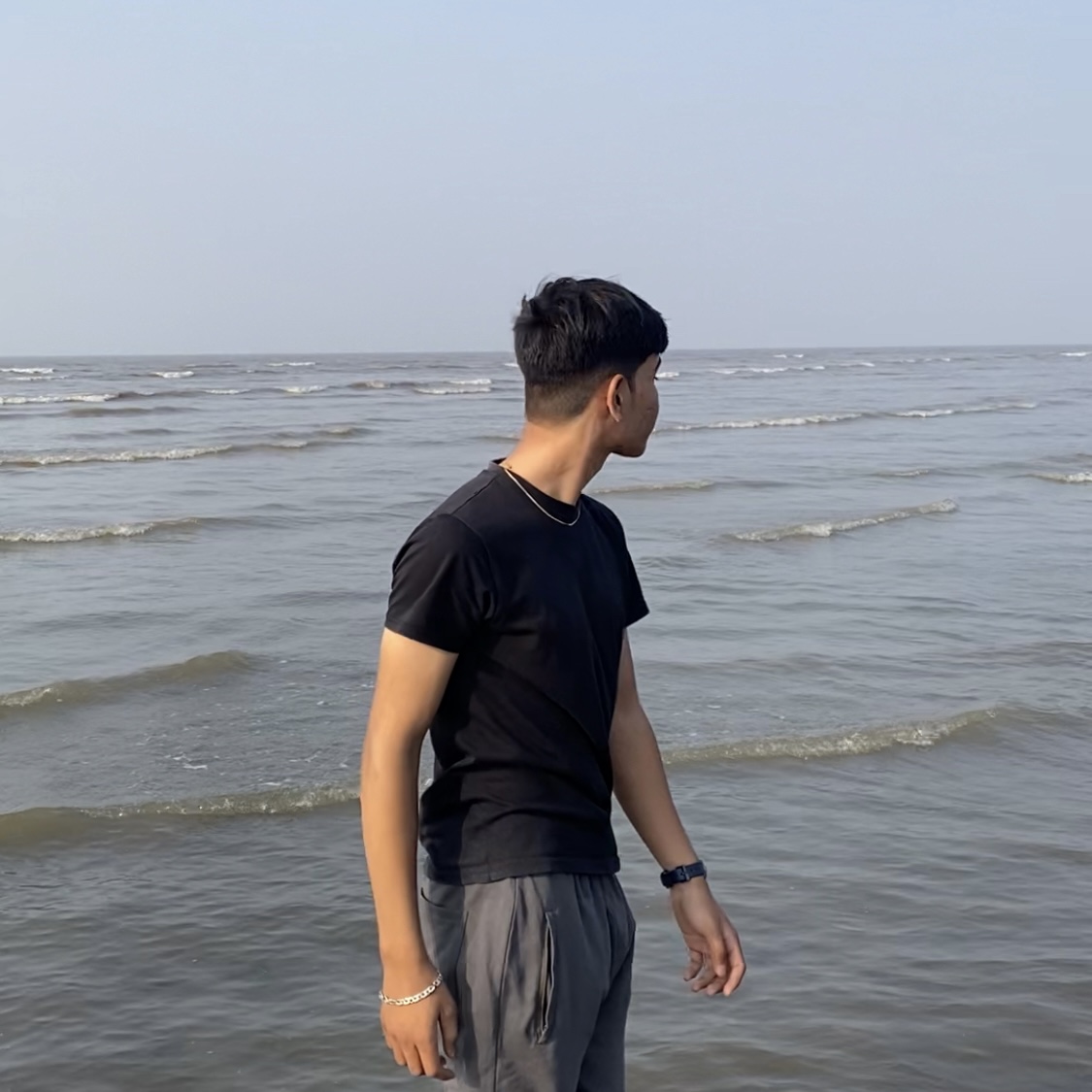The Dark Underworld of Illegal Organ Banks and Their Grisly Practices
- Arun
- Dec 25, 2023
- 4 min read
Organ transplantation is a life-saving procedure for many people who suffer from organ failure. However, the demand for organs far exceeds the supply, creating a global organ shortage that drives some desperate patients to seek illegal alternatives. The illegal organ trade is a complex and lucrative criminal activity that involves various actors, locations, and methods. In this post, I will explore some of the aspects of this hidden global market in human flesh.
Who are the organ sellers and buyers?
The organ sellers are usually poor and vulnerable people who are coerced, deceived, or exploited into selling their organs. They may come from countries with weak legal systems, high poverty rates, or political instability, such as Nigeria, Kenya, Egypt, Sudan, India, Pakistan, China, and others. Some of them are migrants who hope to use the money from selling their organs to pay smugglers or traffickers to take them to a better place. Others are victims of violence, kidnapping, or organ harvesting, who are forced to give up their organs without consent or compensation.
The organ buyers are typically wealthy and desperate patients who are willing to pay a high price for a transplant. They may come from countries with long waiting lists, strict regulations, or low availability of organs, such as the US, Canada, Australia, Japan, Saudi Arabia, Israel, and others. Some of them travel abroad to countries where illegal transplants are performed, such as Turkey, South Africa, Kosovo, Colombia, and others. Others arrange for the organ sellers to come to their countries and undergo the transplant there.
How are the organ trade networks organized?
The organ trade networks are highly organized and sophisticated, involving both the legal “upperworld” and the criminal “underworld”. The upperworld consists of medical professionals, such as doctors, nurses, surgeons, and coordinators, who perform the transplants in hospitals or clinics. It also includes legal professionals, such as notaries, lawyers, and judges, who provide the necessary documents and permissions for the transplants. The underworld consists of recruiters, brokers, and middlemen, who find and transport the organ sellers and buyers, negotiate the prices, and arrange the payments.
The organ trade networks operate in different ways, depending on the local context and the opportunities available. Some networks use transplant tourism, where the organ buyers travel to another country where the transplants are performed. Others use transplant trafficking, where the organ sellers are brought to the country of the organ buyers and undergo the transplant there. Some networks use deception, where the organ sellers are told that they are donating their organs for altruistic reasons or that they are undergoing a minor surgery. Others use coercion, where the organ sellers are threatened or physically harmed if they refuse to sell their organs.
What are the consequences of the organ trade?
The organ trade has serious and negative consequences for both the organ sellers and buyers, as well as for the society and the health system. The organ sellers often suffer from physical, psychological, and social harm, such as infections, complications, pain, depression, stigma, and discrimination. They rarely receive the promised amount of money or the adequate medical care after the surgery. They may also face legal risks, such as arrest, prosecution, or deportation, if they are caught by the authorities.
The organ buyers also face health and legal risks, such as rejection, infection, disease transmission, or prosecution. They may also contribute to the organ shortage in their own countries, by bypassing the legal system and creating a black market. Moreover, they may undermine the ethical principles of organ donation, such as voluntariness, consent, and fairness, by exploiting the poor and the vulnerable for their own benefit.
The organ trade also affects the society and the health system, by creating a public health problem, a human rights violation, and a social injustice. It may increase the spread of infectious diseases, such as HIV, hepatitis, and tuberculosis, among the organ sellers and buyers, as well as the general population. It may also violate the dignity, autonomy, and integrity of the organ sellers, who are treated as commodities rather than as human beings. Furthermore, it may create a social inequality, where the rich and the powerful can access organs at the expense of the poor and the powerless.
How can the organ trade be prevented and controlled?
The organ trade is a complex and multifaceted phenomenon that requires a comprehensive and coordinated response from various stakeholders, such as governments, international organizations, civil society, health professionals, and the public. Some of the possible strategies to prevent and control the organ trade are:
Strengthening the legal and regulatory frameworks to prohibit and punish the organ trade, as well as to protect and support the organ sellers and buyers.
Enhancing the monitoring and enforcement mechanisms to detect and disrupt the organ trade networks, as well as to prosecute and sanction the offenders.
Increasing the availability and accessibility of organs from deceased and living donors, as well as from alternative sources, such as stem cells, artificial organs, and xenotransplantation.
Improving the education and awareness of the public and the health professionals about the organ trade, its consequences, and its alternatives.
Promoting the ethical and social values of organ donation, such as altruism, solidarity, and justice, as well as respecting the rights and interests of the organ donors and recipients.
The organ trade is a dark and hidden underworld that exploits the desperation of some and the greed of others. It is a global challenge that demands a global solution. By working together, we can expose and eliminate this grisly practice and ensure that organ transplantation is a safe, fair, and humane procedure for all.

Comments